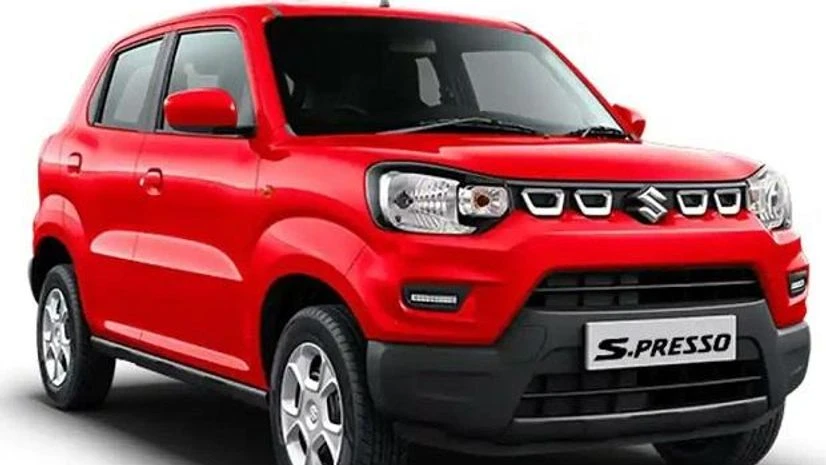Car market leader Maruti Suzuki India (MSI) on Monday sought correct accounting of greenhouse gas emission benefits of ethanol blended fuel under the Corporate Average Fuel Economy (CAFE) norms.
The second phase of CAFE norms came into effect from April this year. The regulation first came into force in India from April 1, 2017.
It is aimed at lowering fuel consumption of vehicles by reducing their CO2 emissions, mandating the average corporate CO2 emission to be less than 130 gm/km by 2022, applicable to all petrol, diesel, LPG and CNG fuelled vehicles. Under CAFE II regulations, the average corporate CO2 emission must be less than 113 gm/km.
The corporate average in CAFE refers to the sales-volume weighted average for every automobile manufacturer.
To promote ethanol and flex-fuel, SIAM has made some specific policy enablers requests to the road transport and highways ministry, Maruti Suzuki India MD and CEO Hisashi Takeuchi said at a SIAM event here.
"One of our key requests is for correct accounting of greenhouse gas (GHG) emission benefits of Ethanol in CAFE," he added.
More From This Section
Further, Takeuchi said that the car market leader is closely studying what India needs and therefore, working on a bouquet of technologies.
MSI displayed a prototype of its mass segment flex-fuel car which it said will meet BS VI regulations.
"The Wagon-R Flex-fuel model that is on display here has been developed locally in India. We also believe that WagonR being a mass-segment model would help in much faster adoption of this technology in the masses," he said.
Takeuchi said in the journey of decarbonisation, bio-fuels like ethanol are set to play a major and significant role.
India has committed carbon net zero by 2070. In COP26, the country also increased its commitment towards GHG emission intensity reduction from 33 per cent to 45 per cent by 2030.
TVS Motor Company Director and CEO KN Radhakrishnan said in two years time, every two-wheeler maker will have a flex fuel model in its line up.
(Only the headline and picture of this report may have been reworked by the Business Standard staff; the rest of the content is auto-generated from a syndicated feed.)

)
